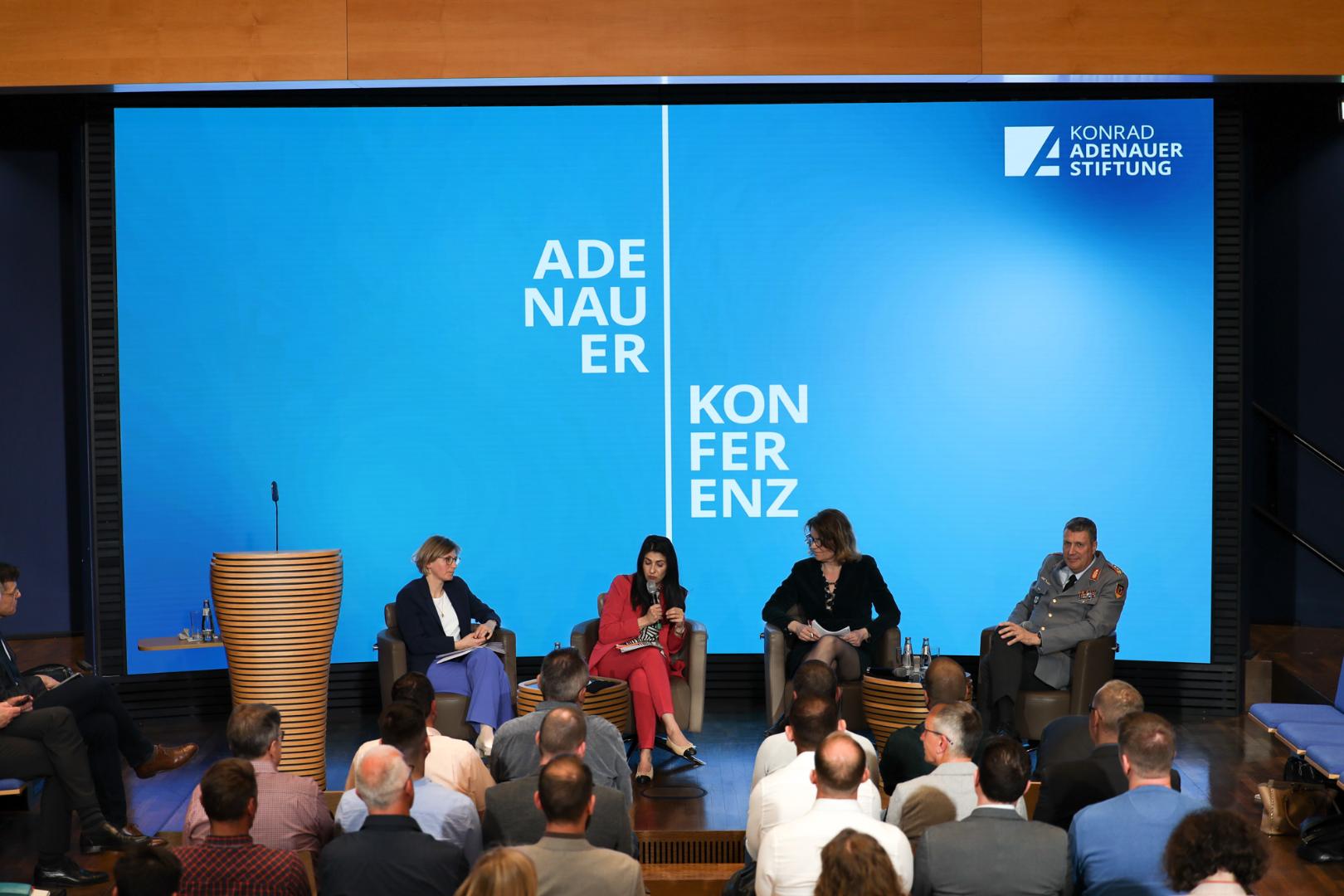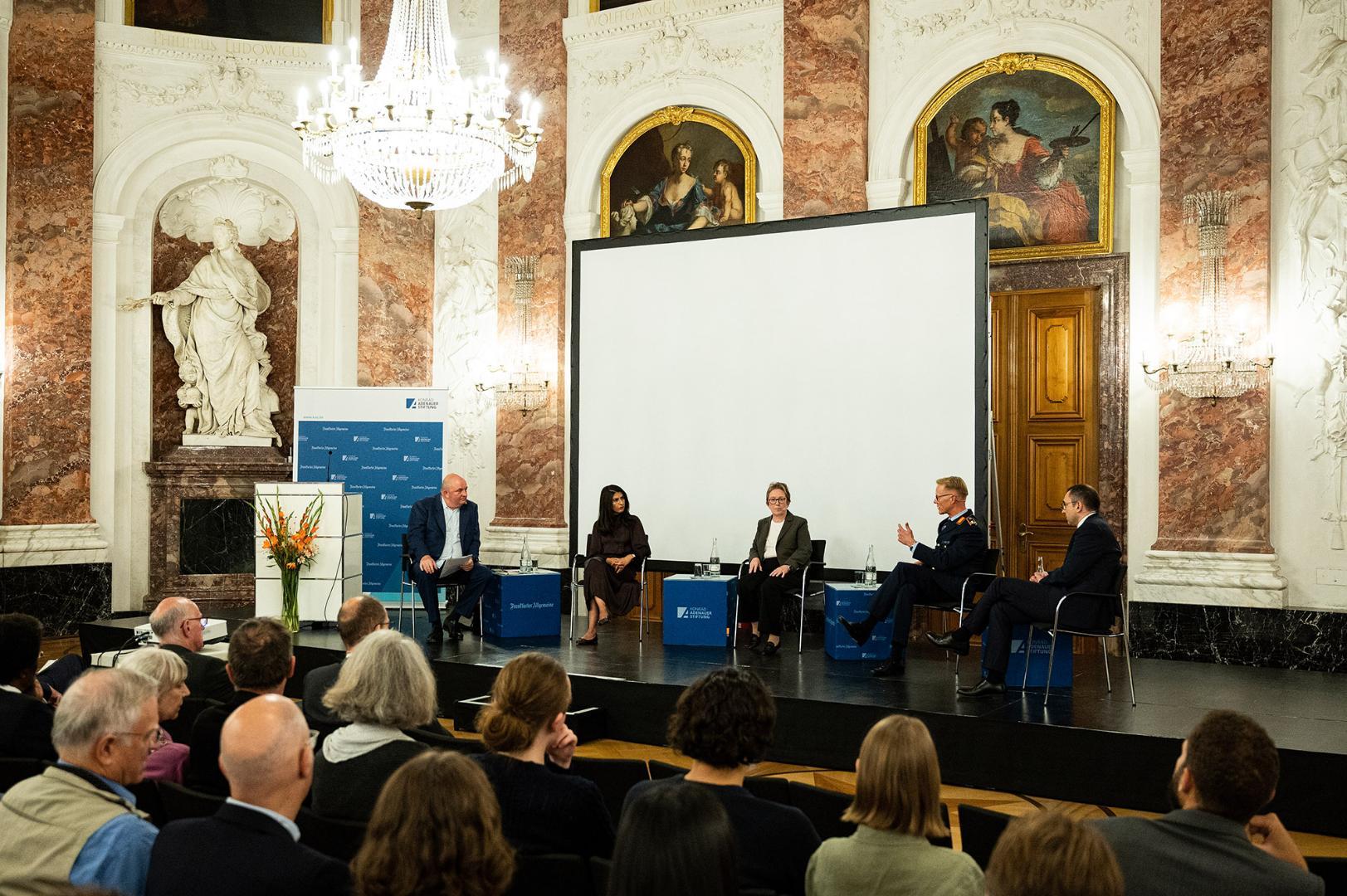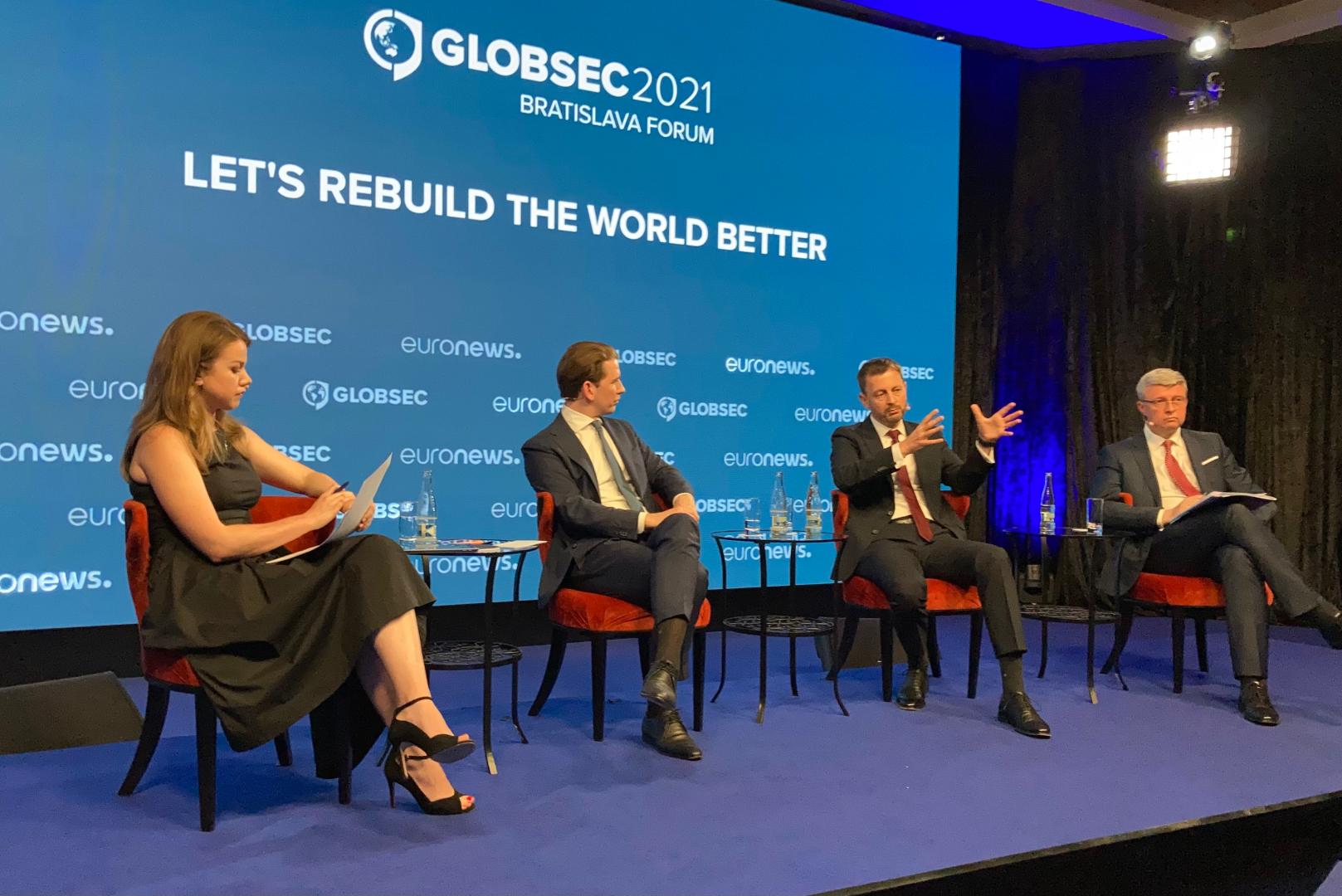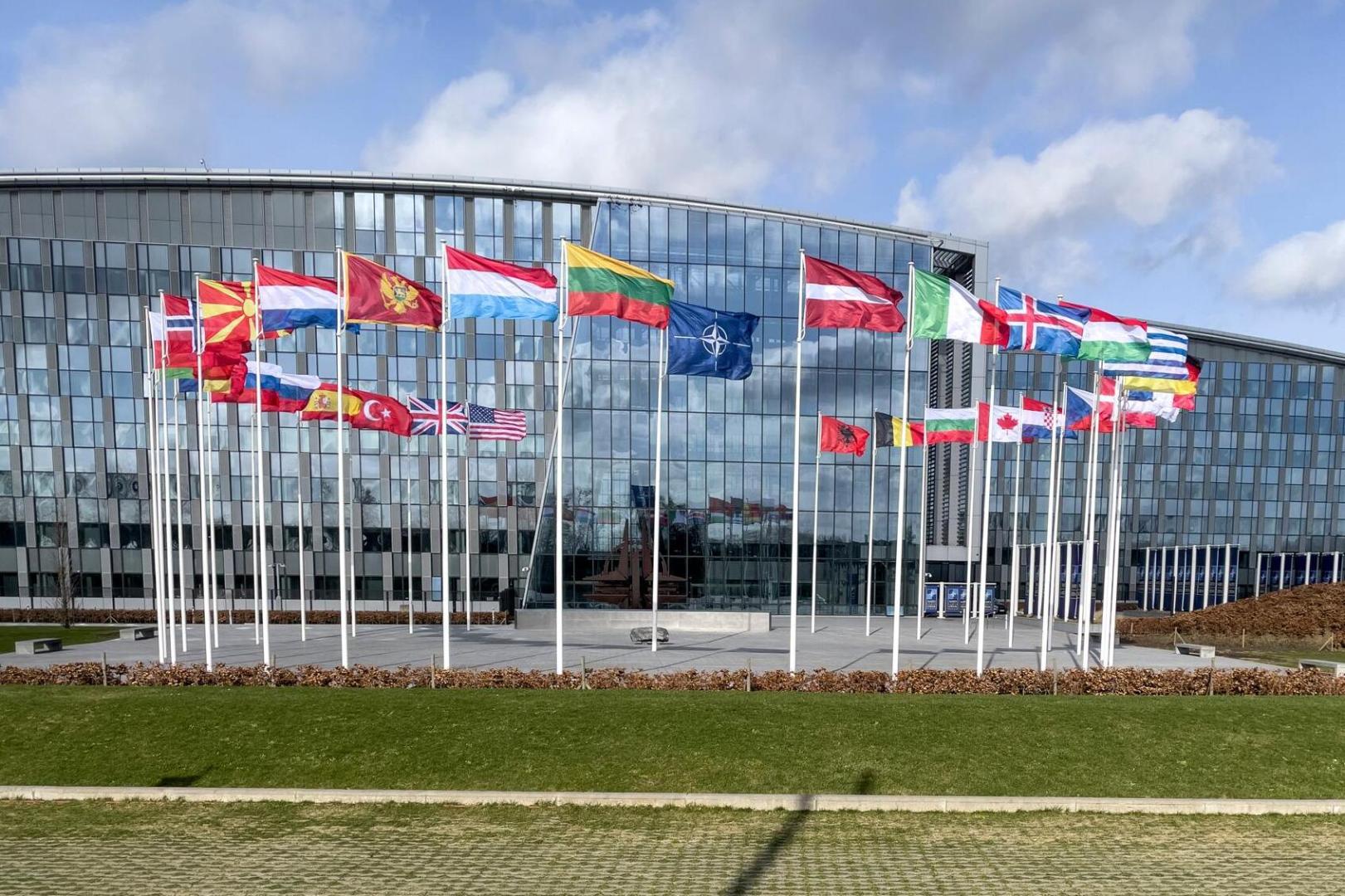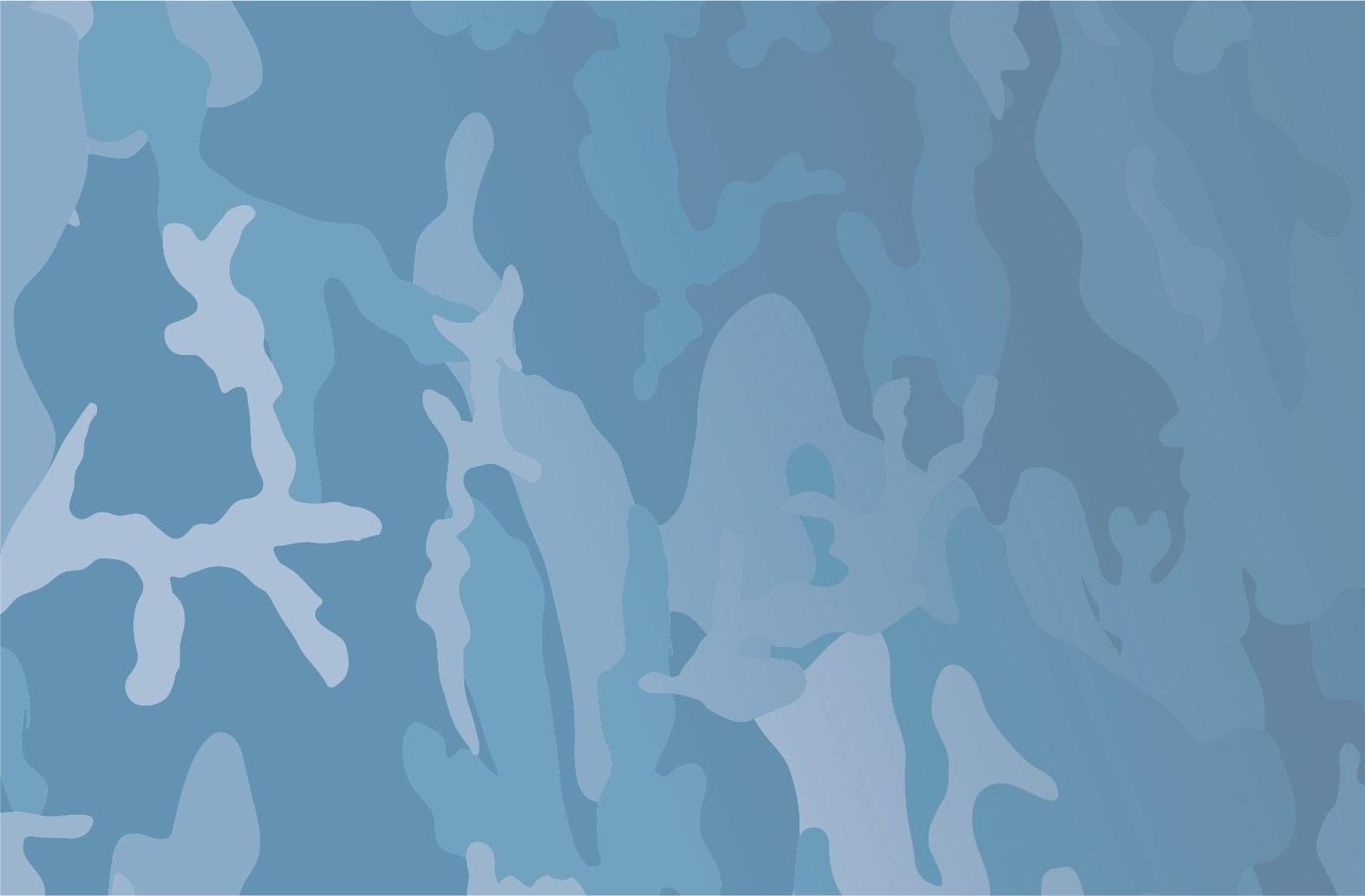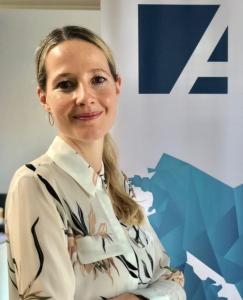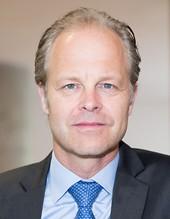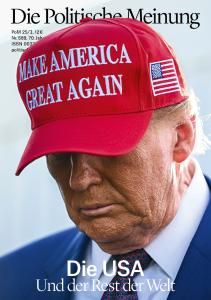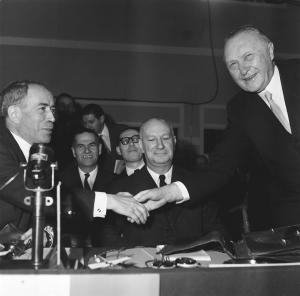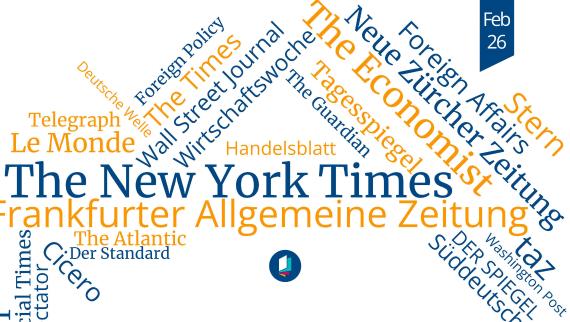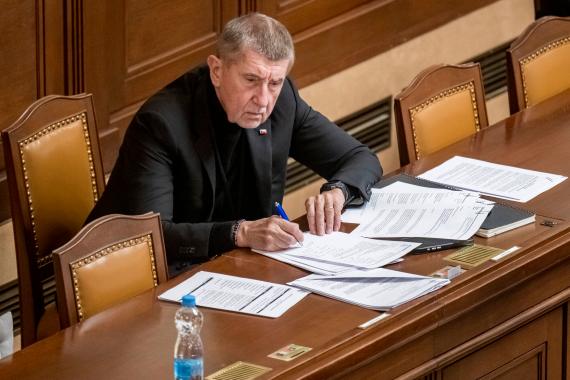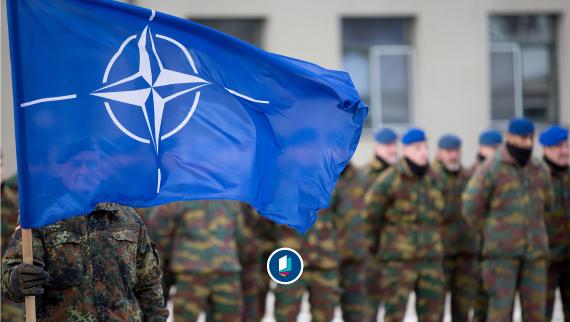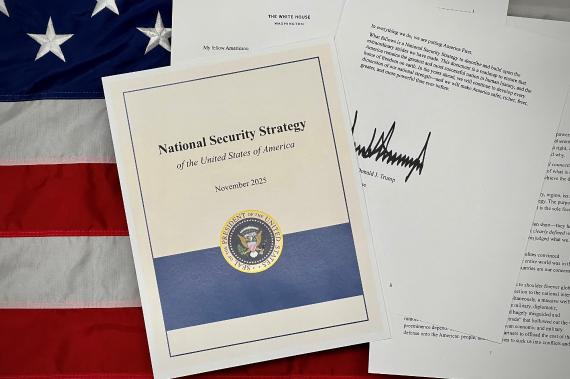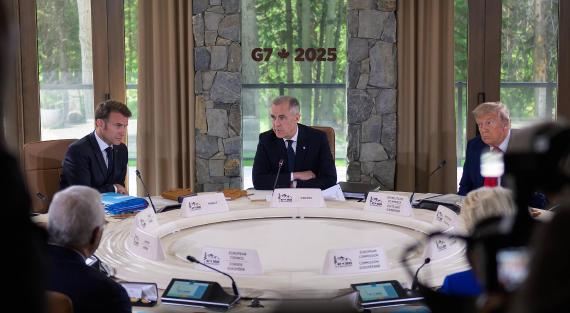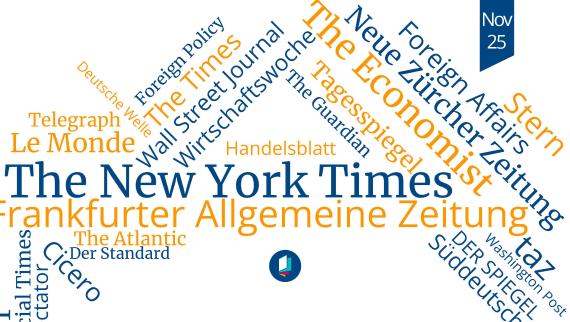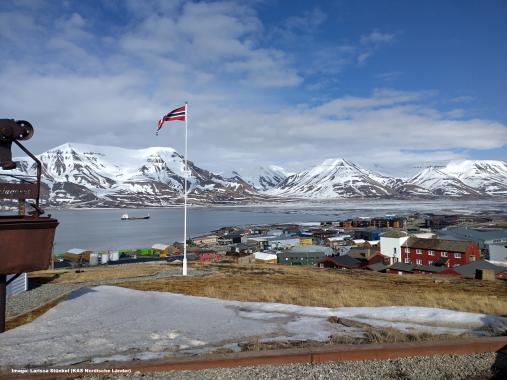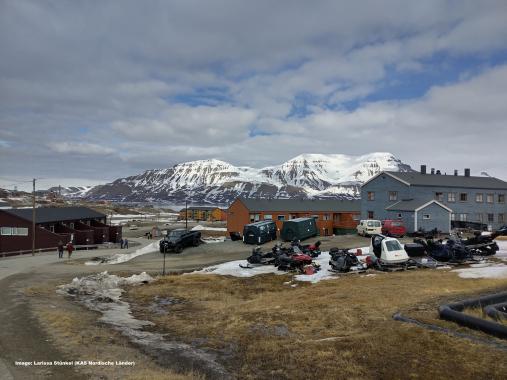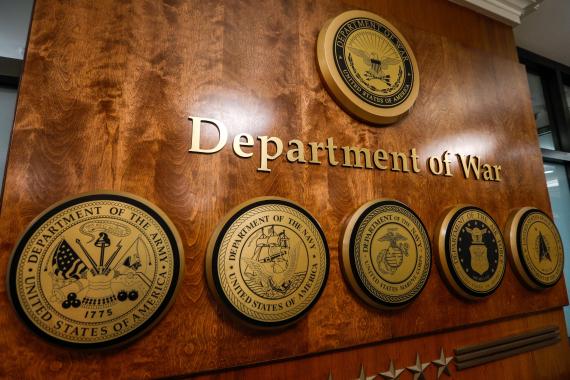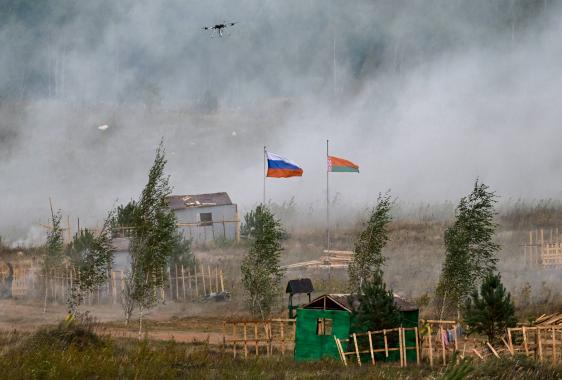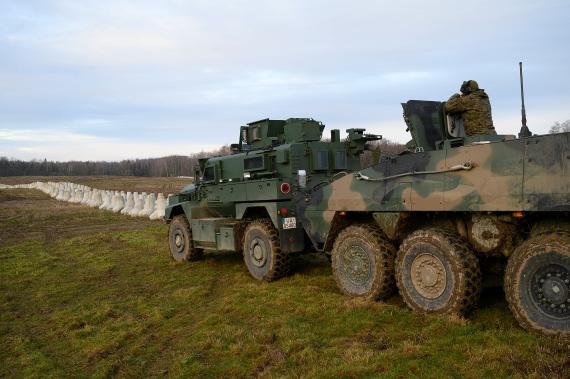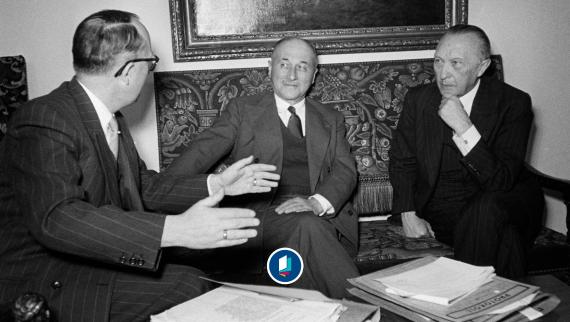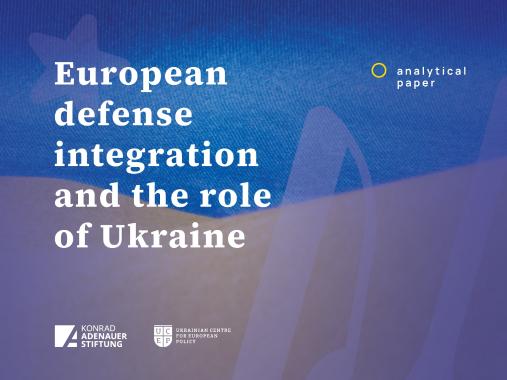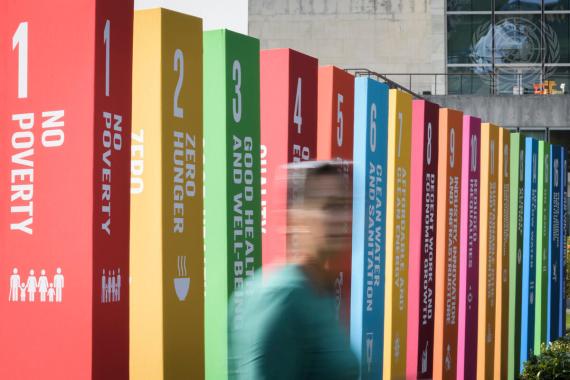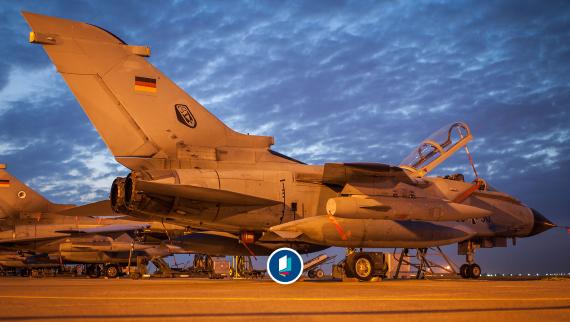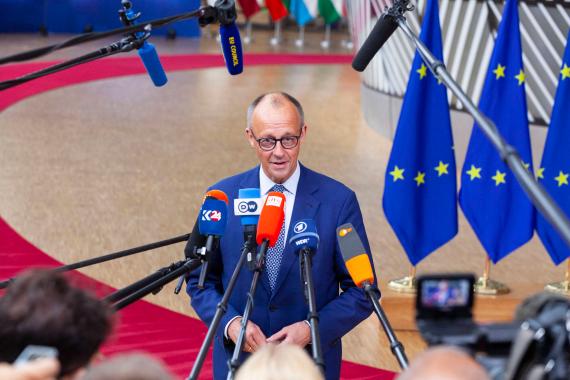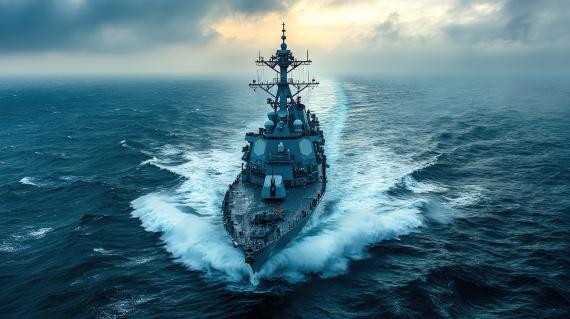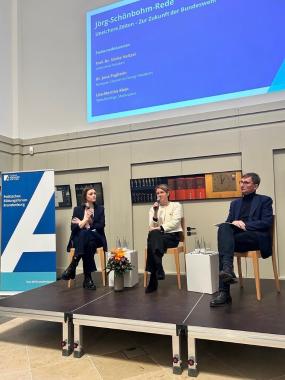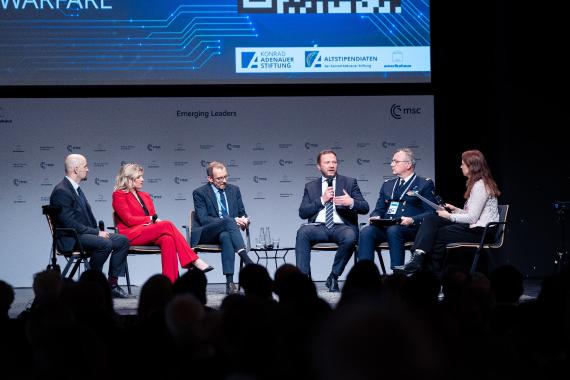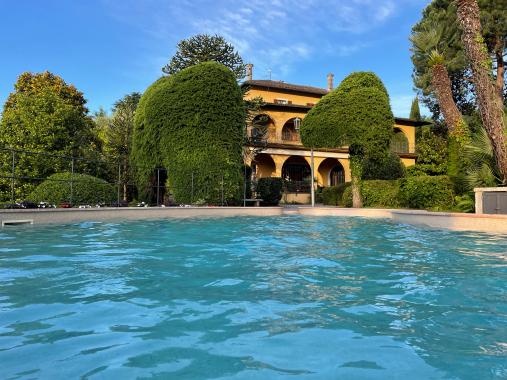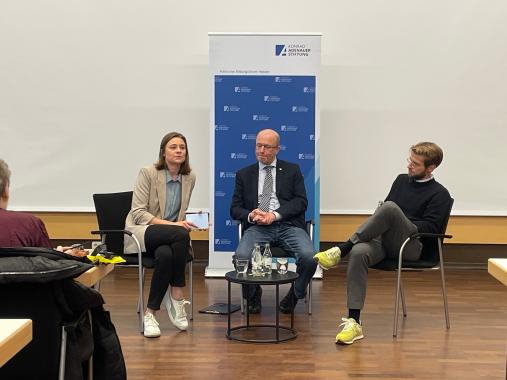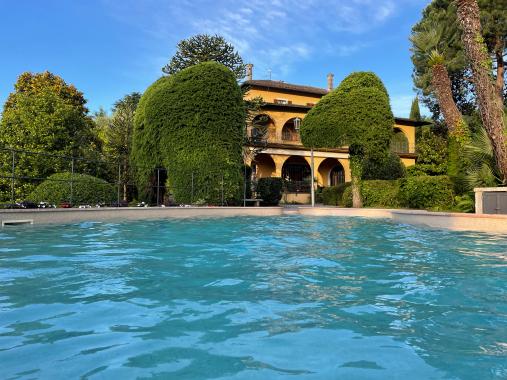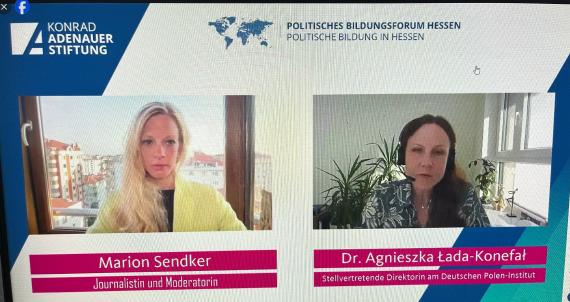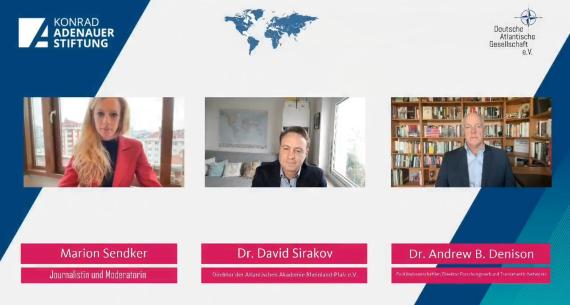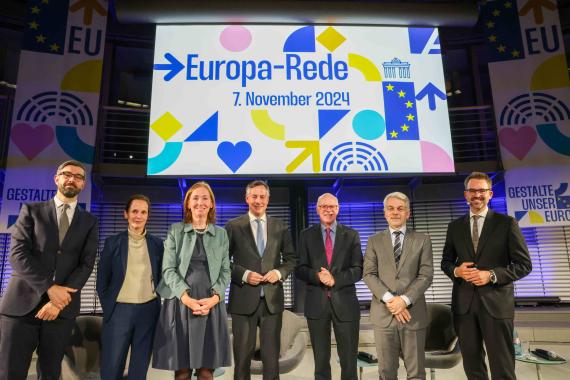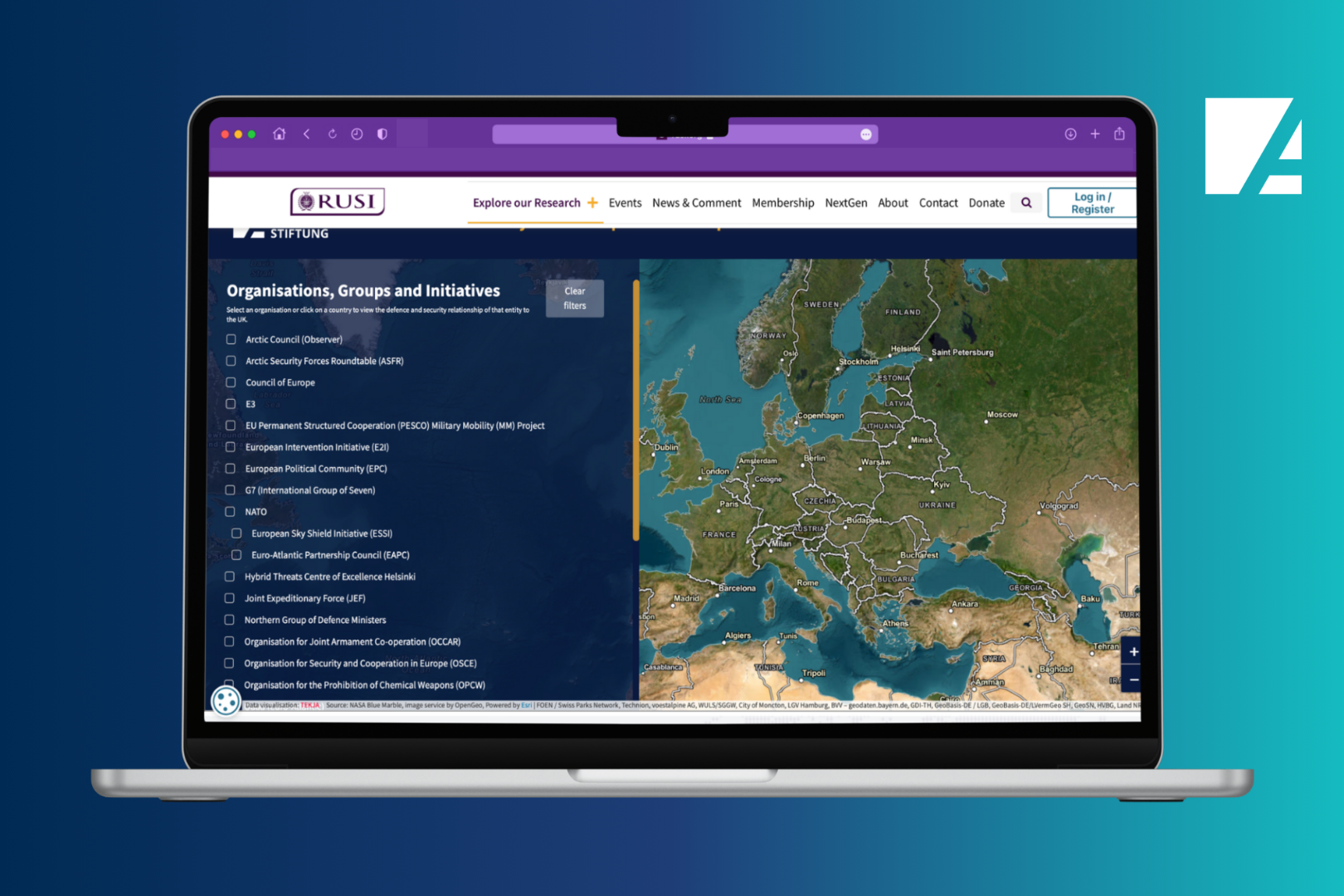The political union should lead to the development of a coordinated foreign policy of free Europe and to the unburdening of our American partner within the Euro-Atlantic alliance through the stronger formation of Europe.
At a glance
- Russia's war of aggression on the Ukraine has drastically changed the security policy environment in Europe and led to a rethink among the NATO member states.
- Following decades of international crisis management, NATO is once again focusing on collective defence and the deterrence of Russia with its new strategic concept.
- Europe needs to be more capable of military action and must take responsibility for its own security. The goal should be a fair transatlantic burden-sharing in order to relieve the burden on the USA over the long-term.
- The European Union’s decision-making processes in the field of security need to be urgently reformed. Qualified majorities would enable the EU to act quicker and more flexibly in future.
- The topic of security lies at the heart of our work. With our measures and programmes, we position ourselves as promoters of a democratic, self-determined Europe, integrated into the NATO alliance system.
Content
1. Peace in Europe can no longer be taken for granted
2. Renaissance of transatlantic relations in security policy
3. Europe must strengthen its own security and defence policy
4. Improving the interoperability of European armed forces
5. Dynamic scenarios require fast and flexible reactions
6. “Security” is a focal point of the Konrad-Adenauer-Stiftung’s work
7. Our offers and projects on the topic
8. Publications, events and media contributions on the topic
The Russian war of aggression against Ukraine turned the security policy environment of Germany and its European and transatlantic allies upside down from one day to the next. In continuation of the annexation of Crimea in 2014 and the war in Donbass, Putin’s Russia once again violates international law and the European peace order, which is based on the conviction that borders must never again be moved by force.
Peace in Europe can no longer be taken for granted: what was true for 75 years has begun to falter
The supposed certainty that the sheer existence of the North Atlantic Treaty Organisation (NATO) brings peace and security to its members, has been shaken. Lasting peace on the European continent as we have known it for more than 75 years, apart from the Yugoslavian wars in the 1990s, is no longer a matter of course. This makes it even more essential to now focus all efforts and measures on securing this together with our European and transatlantic partners.
Renaissance of transatlantic relations in security policy: response to Russia's war of aggression
The West presented a largely unified front as a direct response to Russia’s aggressive military action: coordinated sanctions against Putin’s regime, humanitarian aid and the supply of weapons and ammunition to Ukraine contributed towards Ukraine still being able to bravely defend itself to this day.
What is more, NATO has initiated measures that successfully deter Russia from attacking the Alliance’s territory. In the wake of Russia’s invasion of Ukraine, the North Atlantic Alliance has continually increased its troop presence and air defence along the north-eastern border of NATO territory. Following decades of international crisis management, the new strategic concept once again focuses the Alliance on the collective defence of NATO territory and on the deterrence of Russia. Accordingly, NATO is currently restructuring its reaction force, which should be able to move 100,000 troops to the crisis site within ten days as of 2025.
Russia’s war of aggression has underlined the necessity of an intact and cold-start-capable Western security alliance. As opposed to being brain dead, the transatlantic alliance is alive. However, in light of Chinese armament, which the USA categorises as a major threat over the medium to long term, European partners are called upon more than ever to finally assume their share of responsibility and unburden the USA in the European scenario. The actual realisation of the announced German “watershed moment” is a race against time that could put strain on the transatlantic relationship.
Europe must strengthen its own security and defence policy: The goal is fair transatlantic burden-sharing
For the first time since 2005, the USA have stationed over 100,000 soldiers in Europe. That must not, however, detract from the fact that Washington’s security interests already lie primarily in the Pacific region. This is why Europe must become more capable of acting in the area of security and defence policy. Only this way can Europe better ensure its own security and also represent its interests in a more sustainable manner. The European Union (EU), as a militarily more capable player, would not be at odds with NATO. Quite the opposite: The dual membership of most European states in both alliances is a prerequisite for security and stability on the continent. What is more, a Europe even more capable of defence would reduce the military burden on the USA. The goal must be a fair transatlantic burden-sharing in which Europe is a capable and reliable partner for the USA.
Although the European states will continue to rely on US protection guarantees over the next decades, only Europeans capable of security policy and military action are likely to convince Americans of a long-term commitment in Europe on account of the USA’s prioritised security policy orientation towards the Pacific region.
Improving the interoperability of European armed forces: armaments cooperation paves the way
Already since December 2017, 25 EU Member States have been pursuing a permanent and structured cooperation on training, equipment and procurement projects for the armed forces. Especially in the area of development and procurement of major weapon systems, such as a joint integrated air combat system (FCAS) or the next generation main battle tank (MGCS), the cooperation does not yet run smoothly. In its strategic compass, the EU formulates that multinational defence cooperation is to be further consolidated in order to reduce the fragmentation of armed forces and make them more interoperable.
Military capability shortfalls of the European states can only be resolved jointly at European level. This requires clear political framework conditions and responsibilities, for example through an institution that monitors all cooperations. An outcome-oriented cooperation on the issue of armaments would be a major step towards the strategic sovereignty of the EU.
Dynamic scenarios require fast and flexible reactions: The EU must reform its mechanisms
In times of hybrid threats, it is not enough to measure Europe’s security and defence capability only in terms of military might. For crises that arise at short notice, the EU needs a wide range of capabilities to react quickly, decisively and adapted to the situation. However, an ability to act also requires the ability to make decisions. Qualified majorities in security issues would enable the EU to act quickly in the areas of security and defence policy without compromising the democratic legitimacy of the decision. A reform of the voting mechanisms in the security sector is urgently needed in order to further strengthen the EU as a global player.
“Security” is a focal point of the Konrad-Adenauer-Stiftung’s work
The Konrad-Adenauer-Stiftung firmly sees itself as a European foundation. In line with the policies of the Adenauer era and subsequent German federal governments, for decades we as a foundation have advocated a democratic, self-determined Europe, integrated into the Western alliance system of NATO. Not least due to the Russian war of aggression against Ukraine, the topic of “security” represents one of three focal points in the work of the Konrad-Adenauer-Stiftung.
With our work in the area of security policy, we would like to play our part in continuing to preserve peace, prosperity and freedom in Europe. On the one hand, we achieve this through political education measures with which we inform the interested public about complicated security policy, economic, historical, and social contexts or hold debates together with citizens as well as representatives from politics, business, and society on how these goals can be accomplished under changing geopolitical and security policy conditions. On the other hand, we formulate specific proposals and recommendations for action in specialised publications and at specialist conferences, which we address as impulses to important functionaries in German and European politics.
Our offers and projects on the topic
Event series
Security policy is one of the key concerns of the Konrad-Adenauer-Stiftung. We would like to share our expertise in this area with a broad public; in doing so, we consistently receive valuable impulses and suggestions from external players, too. To this end and to awaken interest in international politics and security issues, we regularly hold security policy events or play a leading role in them.
Adenauer Conference
The role of Germany in international and European security policy is discussed at the annual Adenauer Conference. We hold debates with high-ranking experts and politicians on current security policy challenges and strategic issues for the future: Does the Covid-19 pandemic have an impact on security policy? What role does NATO play and where does Europe stand in systemic competition?
F.A.Z.-KAS-Debate on International Politics
Together with our partner, the Frankfurter Allgemeine Zeitung, once a year the Konrad-Adenauer-Stiftung hosts the “F.A.Z-KAS Debate on International Politics”. It aims to contribute to strengthening important debates on foreign policy issues. A unique feature of the event series is above all the long-standing expertise of both event partners in international politics and the resulting synergy effect. For while the Konrad-Adenauer-Stiftung has more than 110 offices abroad that work in a wide range of policy areas on-site, the Frankfurter Allgemeine Zeitung is deemed to be an institution when it comes to analysing international politics.
Learn more about the F.A.Z.-KAS Debate
GLOBSEC Forum
Since 2005, the Konrad-Adenauer-Stiftung has been the most important partner in the organisation of the GLOBSEC Bratislava Forum. The annual event constitutes one of the major strategic conferences in the field of security and international relations. The main objective is to identify current and future challenges in European and foreign policy and to strengthen debates on them.
Podcasts, publication and website projects
Whether podcast, publication or website project, the Konrad-Adenauer-Stiftung addresses various aspects and facets of the topic “European and transatlantic security policy.” In this context, we would like to emphasise our regular podcast “Auslandsinfo.Spotlight”, whose individual episodes often focus on security policy themes as well as our comprehensive and individual time line on nuclear arms control.
Auslandsinfo.Spotlight
Auslandsinfo.Spotlight is our podcast on current themes in foreign and security policy. We talk with experts on currently relevant issues and each episode discusses a specific topic, such as the “South China Sea”: Insights into a Geopolitical Hotspot or “Russian Propaganda Worldwide”: What We Can Do About It.
75 years of NATO
Even before the Russian war of aggression against Ukraine it was clear how intertwined European and transatlantic security policy are. The “watershed moment” has also reached NATO and brought new members (Finland and Sweden) as well as important policy readjustments. On our anniversary page, we highlight current developments, challenges, and opportunities. So, take a look and discover our wide range of publications and other formats!
The Path Towards the Third Nuclear Age – a Timeline
Since the onset of the Russian war of aggression against Ukraine, the spectre of a nuclear conflict has resurfaced. With the timeline “The Path Towards a Third Nuclear Age”, we would like to provide you with a well-founded source of information, impart knowledge and guide you through the different nuclear ages.
Working groups
We want to pool expertise and network specialists. To this end, the Konrad-Adenauer-Stiftung has established working groups on specific topics.
Working Group of Young Foreign Policy Experts
The Working Group of Young Foreign Policy Experts was set up by the Konrad-Adenauer-Stiftung in 2001 in order to bring young people together with an interest in and experience of foreign policy and to and provide them with a forum for discussion and for the development of approaches to current foreign policy challenges.
Learn more about the Working Group of Young Foreign Policy Experts
Didactic offers
Special didactic offers for different target groups are also part of the Konrad-Adenauer-Stiftung’s portfolio. Our seminar programme for members of the Bundeswehr represents a special feature in this respect. With this programme, we are pursuing the goal of supporting the Bundeswehr to fulfil their security policy and thus democracy-protecting mission.
Political Education Programmes for the Federal Armed Forces
We offer various political education programmes to the Federal Armed forces. In this way, we want to contribute towards improving the troop’s understanding of current political developments and backgrounds in Germany, Europe and worldwide. The political, historical, intercultural and ethical education programmes usually take place in the respective military units.
Find out more about our educational programmes for the Federal Armed Forces




